Education performance in Scotland has been slipping for 15 years – but that didn’t stop Icelandic teachers turning to Dundee for lessons.
The latest international report on education shows a decline in reading, maths and science in Scottish secondary schools.
But a group of teachers from Iceland visited Craigie High School in Dundee to learn about how we educate and look after children and young people.
The delegation from the town of Húsavík learned about an approach called Girfec as education in their country is revolutionised.
Changes in Iceland schools aim to improve resilience, courage, knowledge and happiness.
What did Iceland teachers learn at Craigie High?
So the Iceland teachers at Craigie wanted to see how we nurture children and look after their wellbeing. Here this is governed by the Girfec – Getting it Right for Every Child – pledge.
They also saw how we teach STEM subjects – science, technology, engineering and maths. And they were impressed.
Delegation leader Björg Erlingsdóttir said Iceland’s Education Policy 2030 has similar principles to Girfec.
She said: “You have been working on this for 20 years so we have a lot to learn from you.
“It’s a very good approach and it should work well in Iceland but we are just at the beginning stages.”
Iceland education versus Scotland education
Scotland’s score in the 2022 Programme for International Student Assessment (Pisa) fell to 471 for mathematics, from 489 in 2018. This put it just below the worldwide average.
But Iceland’s score is even lower – 459 – and also in decline.
The visiting teachers, most of them from Borgarhólsskóli, spent five days in Scotland.
Borgarhólsskóli is a junior and secondary school for pupils aged 6 to 16 in Húsavík, a small community on the north-east coast renowned for whale-watching tours.
The Iceland teachers met fellow teachers at Craigie High School and observed pupils at work.
Björg said: “It was interesting to see how the school is changing from the usual educational institutions that we know and is a little bit in the path of having a kind of social aspect to help people.
“It changes a bit the role of the school.
“Education is the biggest and most important investment in every society.
“We are a very small nation, just about 400,000 people, and it’s very important for us to learn about and see how people are doing it in other places.”
Iceland’s post-Covid mental health and social problems
Iceland, she said, suffers the same post-Covid problems we do. There are more mental health issues among children and young people. Some have poorer social skills.
“We have the same problems as you do here, kids who are not feeling well, they have mental health issues and depression.
“They have difficulty associating with their peers.
“We should be able to intervene early in the child’s life to help and assist and not wait until you see problems escalate.”
The teachers were also inspired by Craigie High School’s STEM lessons.
Björg said: “We are really interested in STEM, we like that a lot.
“We want to be better in mathematics, engineering, those areas.
“All these things you have that are central [to education].
“Teachers can get ideas, materials and projects – there seems to be easy access for this.”
Girfec is the Scottish Government’s commitment to provide all children, young people and their families with the right support at the right time.
Components include a named person for each child, a shared understanding of wellbeing and a rights-based approach to planning for children.
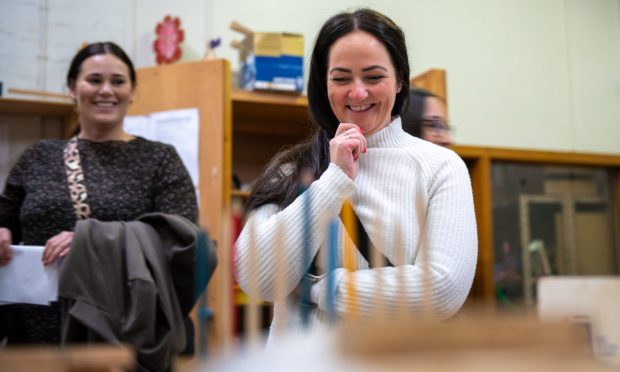
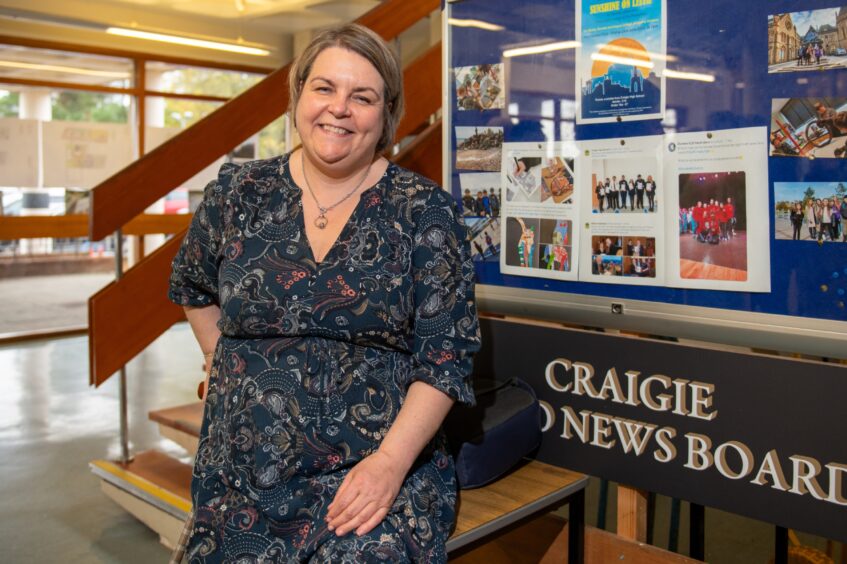

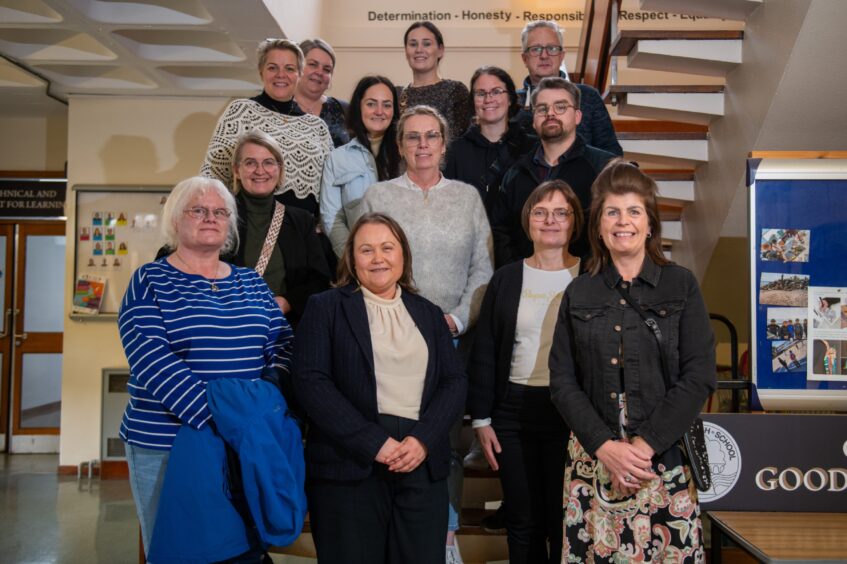
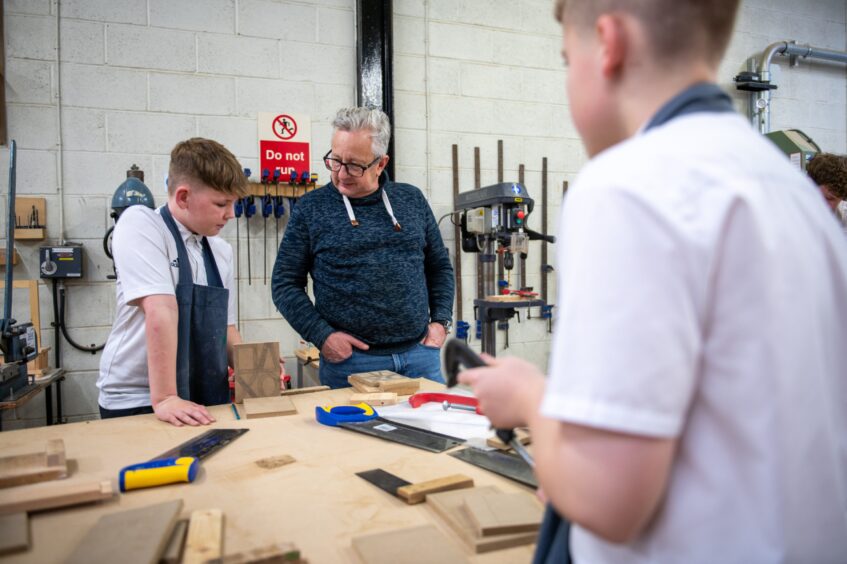
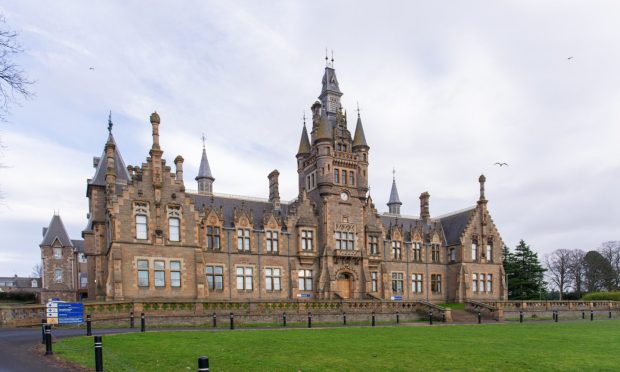

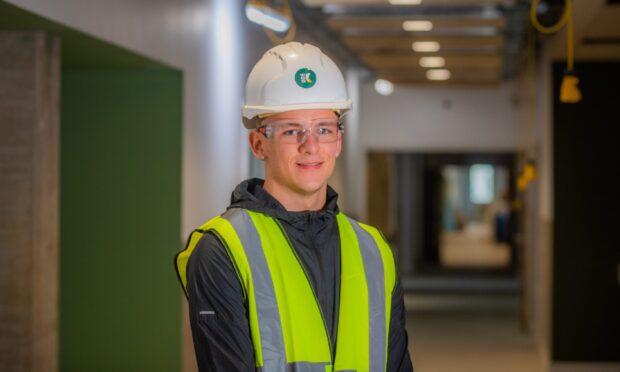







Conversation